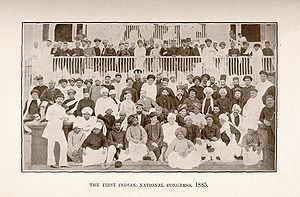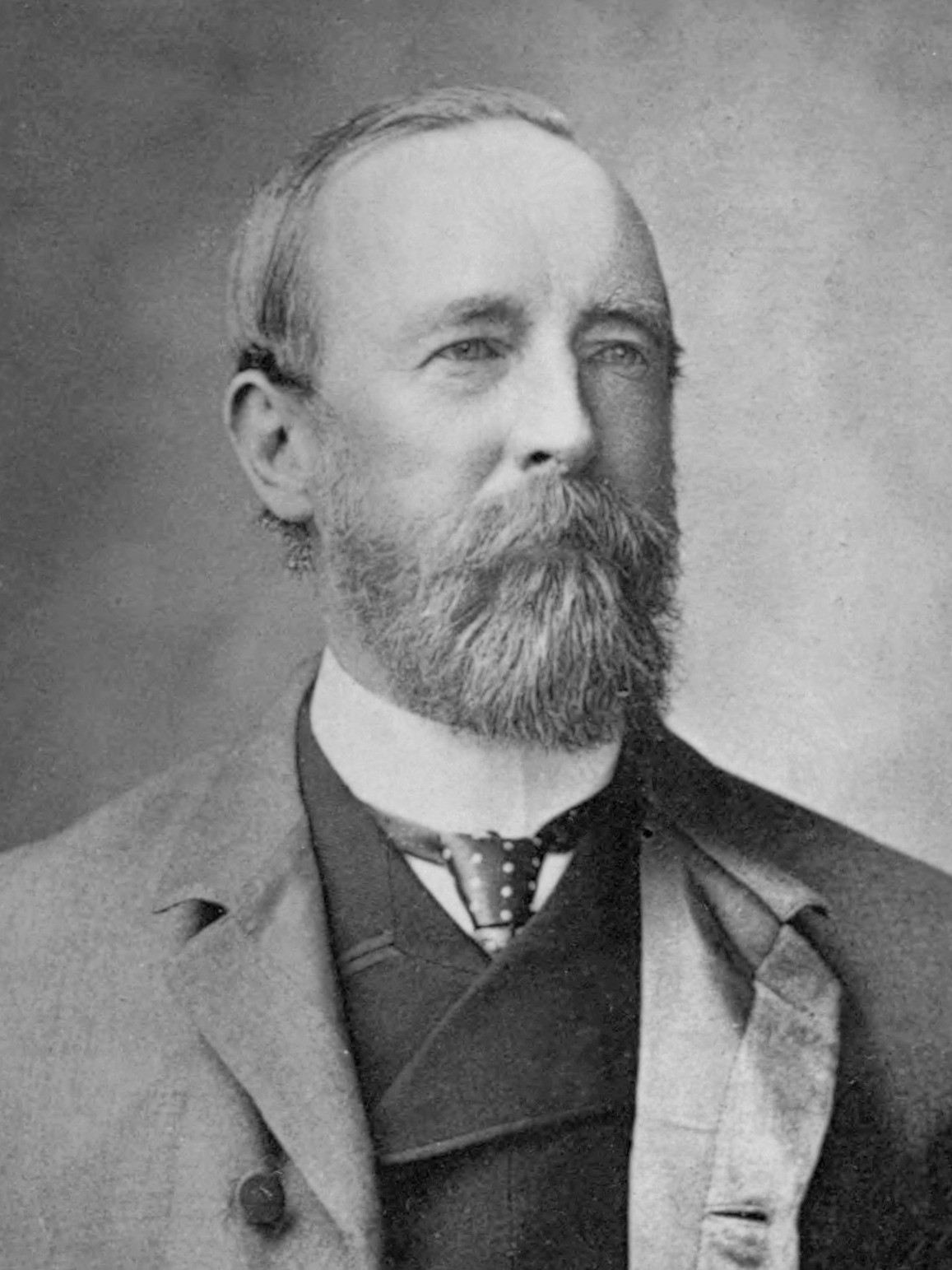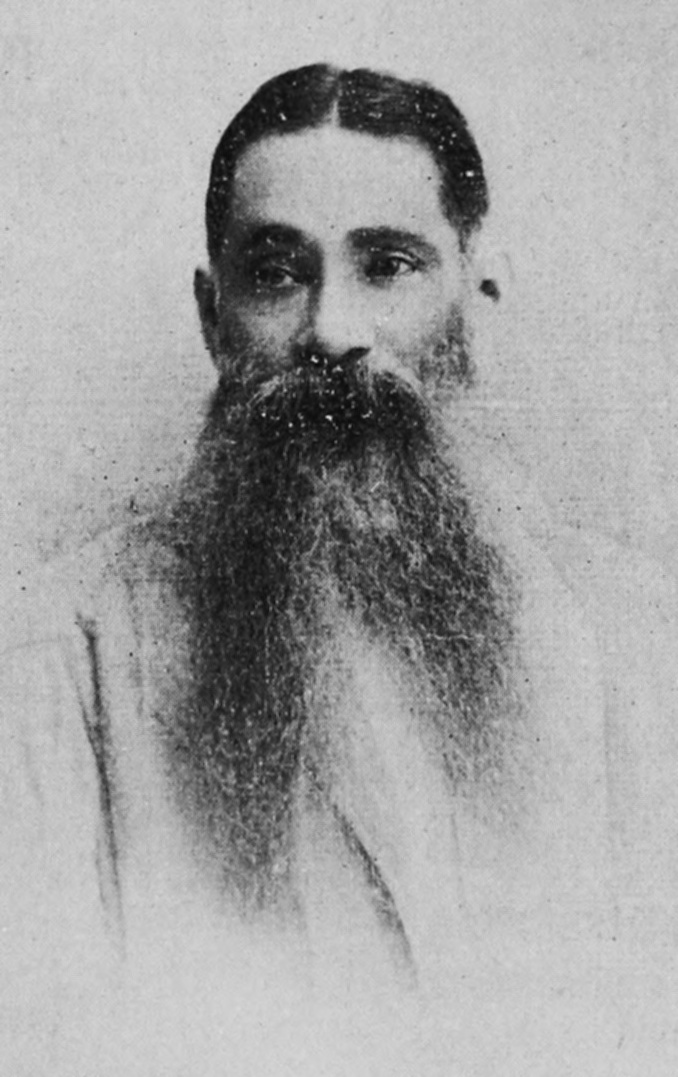Factors promoting the Growth of Nationalism in India
The following causes are responsible for the origin and growth of Nationalism in India.
- Political unity
For the first time, most of the regions in India were united politically and administratively under a single power (the British rule). It introduced a uniform system of law and government.
- Development of Communication and Transport
The introduction of railways, telegraphs and postal services and the construction of roads and canals facilitated communication among the people. All these brought Indian never to each other and provided the facility to organize the national movement on an all India basis.
- English language and Western Education
The English language played an important role in the growth of the nationalism in the country. The English educated Indians, who led the national movement, developed Indian nationalism and organized a Western education facilitated the spread of the concepts of liberty, equality, freedom and nationalism and sowed the seeds of nationalism.
- The role of the press
The Indian Press, both English and vernacular, ha also aroused the national consciousness.
- Social and Religious movements of the Nineteenth century
The leaders of various organisations like the Brahmo Samaj, Ramakrishna Mission, Arya Samaj and Theosophical society generated a feeling of regard for and pride in the motherland.
- Economic Exploitation by the British
A good deal of anti-British feeling was created by the economic policy pursued by the British government in India. The English systematically ruined the Indian trade and native industries. Therefore, economic exploitation by the British was one of the most important causes for the rise of Indian nationalism.
- Racial Discrimination
The Revolt of 1857 created a kind of permanent bitterness and suspicion between the British and the Indians. The English feeling of racial superiority grew. India as a nation and Indians as individuals were subjected to insults, humiliation and contemptuous treatment.
- Administration of Lytton
Lord Lytton arranged the Delhi Durbar at a time when the larger part of India was in the grip of famine. He passed the vernacular press act which curbed the liberty of the Indian press. His arms act was a means to prevent the Indians from keeping arms. All these measures created widespread discontent among the Indians.
- The Ilbert Bill controversy
The Ilbert bill was presented in the Central legislature during the viceroyalty of Lord Ripon. The bill tried to remove racial inequality between Indians and European Judges in courts. This bill was opposed by the British residents in India. Ultimately the bill was modified.
Thus various factors contributed to the rise of nationalism and the formation of the Indian national congress.
The Indian National Congress (1885)

- Allan Octavian Hume, a retired civil servant in the British government took the initiative to form an all- India organization.

Fig : A.O .Hume
- He invited many Indian leaders regarding the Indian cause, and he laid the foundation of the ‘Indian National Union’.
- But, after the suggestion of Dadabhai Naoroji, its name was changed to ‘Indian National Congress’. The word ‘Congress’ was taken from the American Constitution.
- Thus, the Indian National Congress was founded and its first session was held at Bombay in 1885. W.C.Banerjee was its first president.

Fig : W.C .Banerjee
- It was attended by 72 delegates from all over India.
- Persons attending the session belonged to different religious faiths.
- They discussed the problems of all the Indians irrespective of their religion, caste, language and regions.
- Thus Indian National Congress from the start was an all- India secular movement embracing every section of India society.
- The second session was held in Calcutta in 1886 and the third in Madras in 1887.
- The biographer of A.O. Hume, William Wedderburn, who later on also became the President of the INC as well, deeply believed in the humanistic approach of A.O. Hume.
The history of the Indian National movement can be studied in here important phases:
- The phase of moderate nationalism (1885-1905) when the congress continued to be loyal to the British crown.
- The years 1906-1916 witnesses- Swadeshi movement, rise of militant nationalism and the home rule movement.
- The period from 1917 to 1947 is known as the Gandhian era.
